The outcome of Israeli Prime Minister Benjamin Netanyahu's visit to the United States is a decisive factor in the future of the Israel-Hamas ceasefire agreement and the prospects for ending the conflict in the Gaza Strip.
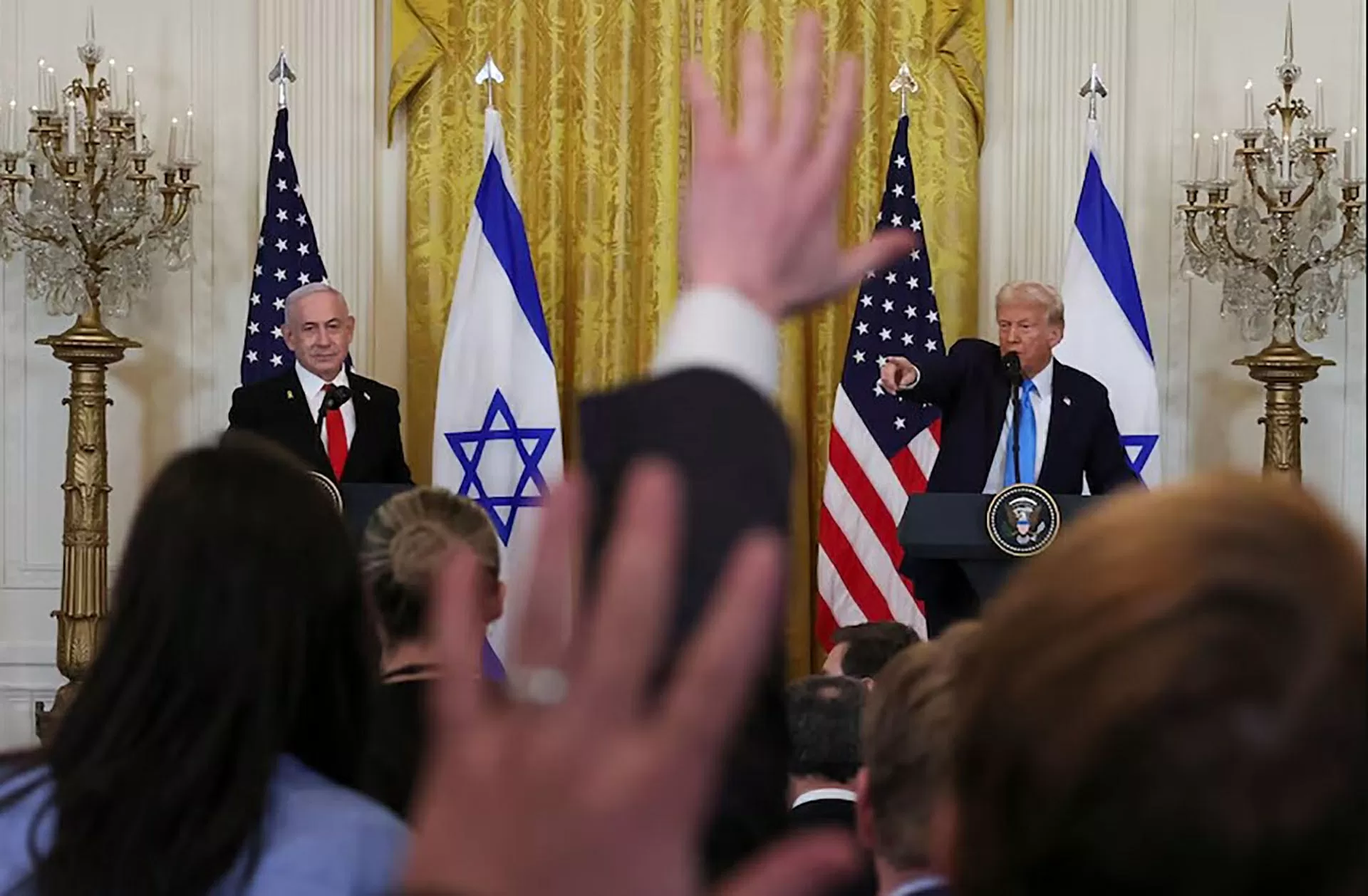 |
| Prime Minister Benjamin Netanyahu and President Donald Trump at the White House, February 4. (Source: News/Reuters) |
Important moment
In Washington, Netanyahu met with military leaders at the Pentagon, met with members of Congress and spoke with the US President's special envoy for the Middle East Steve Witkoff before holding talks with President Donald Trump on February 4.
With this visit, the Israeli Prime Minister is the first foreign leader to meet with Donald Trump for an official bilateral meeting since returning to the White House for the second time on January 20. This fact shows the priority of the US towards its ally Israel as well as the good personal relationship between the two leaders. The visit is of great significance in the context of the prospect of ending the conflict in the Gaza Strip and the political future of Mr. Netanyahu himself facing a new turning point.
Since the conflict between Israel and the militant group Hamas in the Gaza Strip broke out in October 2023, tens of thousands of people have been killed and millions have been displaced. With the mediation of the United States, Egypt and Qatar, Israel and Hamas finally reached a ceasefire agreement that took effect on January 19, and will be carried out in three phases.
In phase I (lasting 42 days), Israel withdraws from Gaza, both sides stop fighting and exchange hostages/prisoners (33 Israeli hostages in exchange for about 2,000 Palestinian prisoners). During that time, the parties need to negotiate the implementation of phase II before February 3.
Phase II was supposed to focus on returning the remaining hostages/prisoners and finding a long-term solution to the conflict in Gaza. However, Israel and Hamas have yet to enter into negotiations. In this context, Prime Minister Netanyahu’s visit comes just two weeks after the implementation of Phase I and well past the deadline for negotiating Phase II.
Returning to power in early 2023, Prime Minister Netanyahu is under intense pressure from opponents of the ceasefire agreement within his far-right government. National Security Minister Itamar Ben-Gvir resigned in protest. Finance Minister Bezalel Smotrich threatened to overthrow the government if Israel did not continue the conflict after Phase I to destroy Hamas and retake the Gaza Strip.
Netanyahu himself and other parties in the ruling coalition do not want to end the war. He has repeatedly stated publicly that he wants to destroy Hamas' military and governance capabilities, leaving open the possibility of resuming fighting after phase I of the ceasefire agreement if necessary.
With these developments, this trip to Washington is a test for Mr. Netanyahu's leadership position in Israel and the integrity of the ruling coalition in the current government.
Convince your allies
In that “boiling water and fire” context, Mr. Netanyahu came to Washington with two main purposes. First of all, this was a very early and proactive move by Israel to deepen the US-Israel alliance after the US transitioned to a new administration.
Under former President Joe Biden, the US, although still providing military aid to Israel, criticized the Netanyahu administration's behavior, leading to certain cracks in the alliance, such as the Biden administration suspending some military aid shipments to Israel.
Netanyahu's visit to Washington this time is also his first visit to the US since returning to power. The fact that Netanyahu took the initiative to visit the US when the White House has a new owner shows Tel Aviv's desire to quickly restore the close US-Israel alliance.
Netanyahu’s push for warmer relations with the United States also facilitates a more important intention: Persuading the United States to support Israel in continuing the conflict and winning against Hamas, and rescuing all Israeli hostages – goals he stated at the airport in Tel Aviv before departing for the United States.
That intention was fueled by a number of favorable factors. Mr. Netanyahu personally has a good relationship and relatively smooth coordination with President Trump. During Mr. Trump's first term, the US made a number of moves that were beneficial to Israel, such as recognizing Jerusalem as the capital of Israel and promoting the signing of the Abraham Accords on normalizing relations between Israel and a number of Arab countries. Mr. Trump's administration is expected to appoint a number of pro-Israel figures.
 |
| Displaced Palestinians return to their homes in northern Gaza, January 27, about a week after a ceasefire between Hamas and Israel took effect. (Source: Reuters) |
Obstacles and prospects
However, the obstacle seems to be even greater. The Israel-Hamas ceasefire agreement is supported by the majority of the American people and officials. Mr. Trump himself does not want this conflict to last because it would be a burden for the US in terms of aid costs, and at the same time there are many risks because Hamas's power in the Gaza Strip is still strong.
Furthermore, Mr. Trump needs to focus US resources on other priorities such as ending the Ukraine conflict, competition with China, the trade deficit, illegal immigration, etc. In addition, Mr. Netanyahu's acceptance of the ceasefire agreement with Hamas was also opposed by 8 members of the Israeli cabinet.
After meeting with Mr. Netanyahu, President Donald Trump cleverly made a policy choice that both expressed his desire to end the conflict in Gaza and avoided offending his allies. Accordingly, Mr. Trump proposed: "The US takes over the Gaza Strip, resettle Palestinians in other countries." However, the US leader did not give details on how he would relocate more than 2 million Palestinians and control the Gaza Strip.
Trump's proposal was met with immediate backlash from many sides. Palestinian President Mahmoud Abbas declared, "Our people will stand firm and will not leave their homeland." Jordan, Egypt and Saudi Arabia also rejected Trump's proposal, opposing the Palestinians' departure from their territory, whether short-term or long-term. In the US, some Democratic lawmakers were also quick to condemn Trump's proposal.
With what Mr. Trump declared to Mr. Netanyahu, observers believe that the White House owner may just be using the tactic of taking a strong, even extreme stance, to pave the way for future negotiations, first of all, the negotiation of phase II of the ceasefire agreement in the Gaza Strip.
Source: https://baoquocte.vn/den-my-ban-chuyen-dai-gaza-phep-thu-cua-thu-tuong-netanyahu-va-yeu-to-quyet-dinh-tuong-lai-ngung-ban-israel-hamas-303350.html



























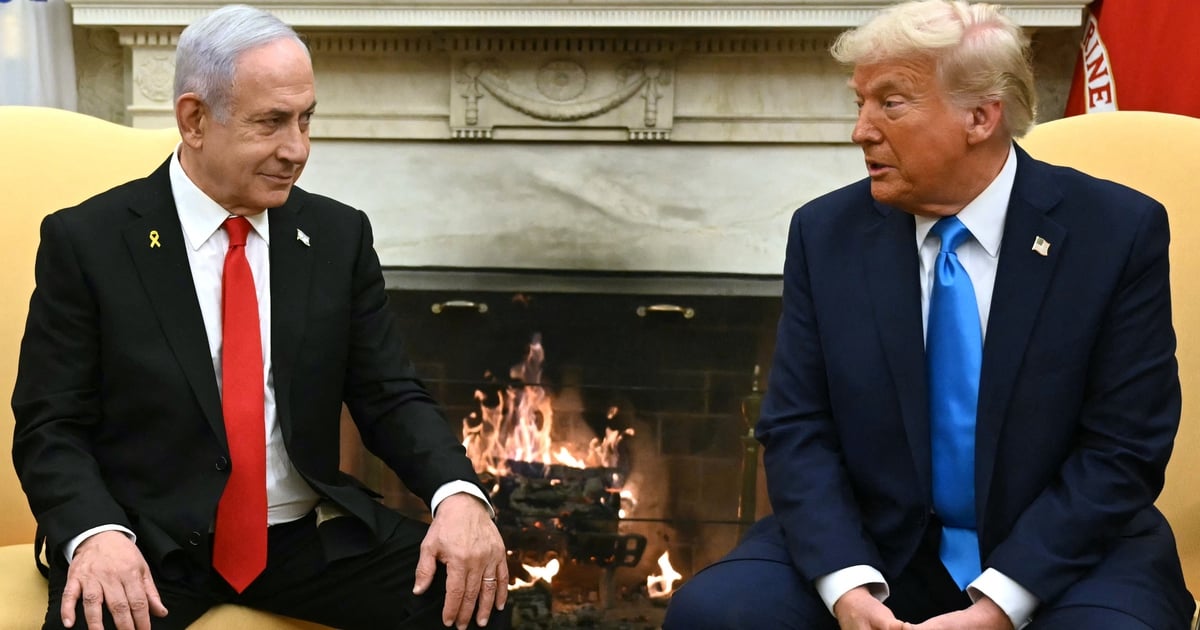

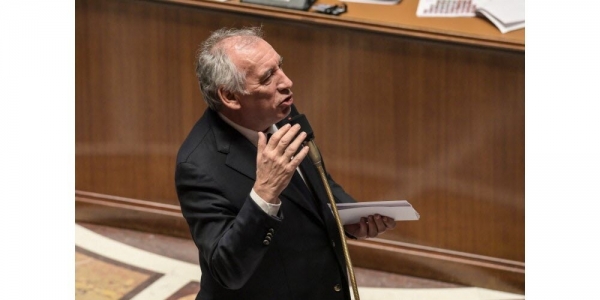
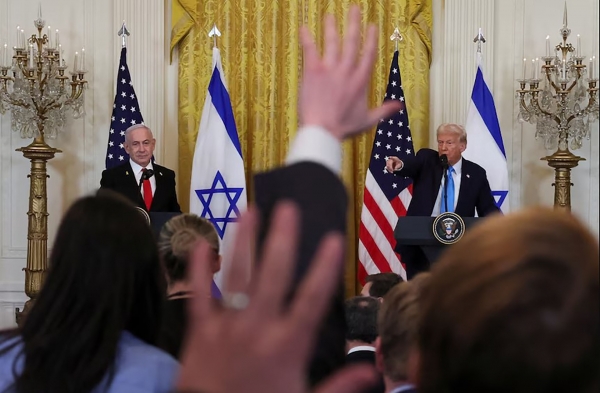
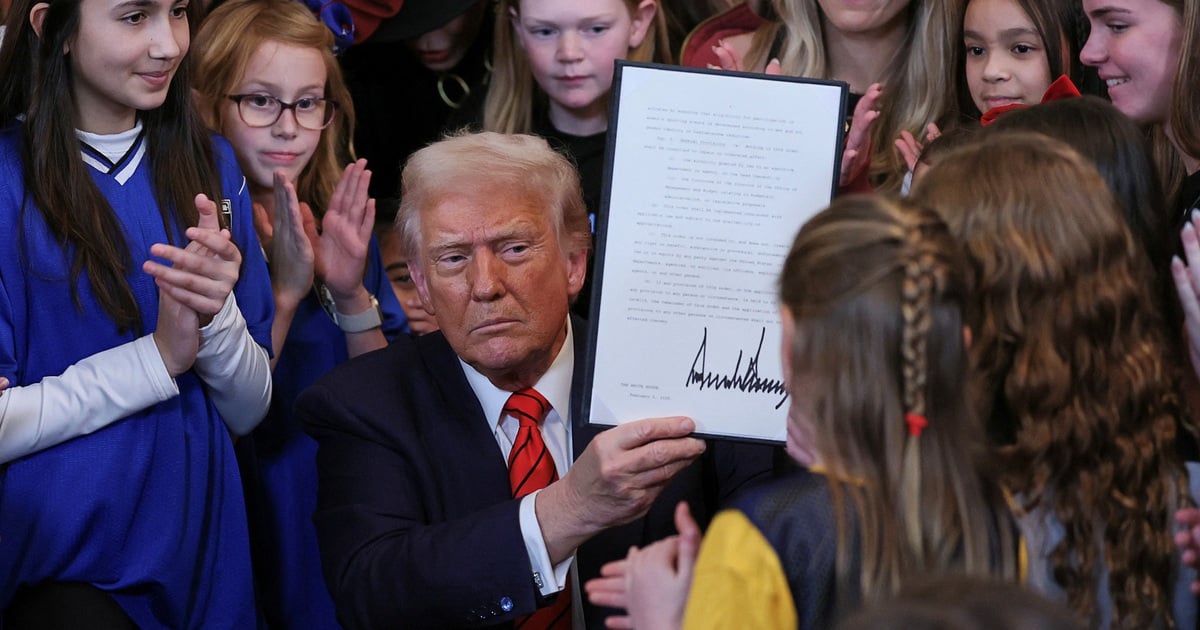
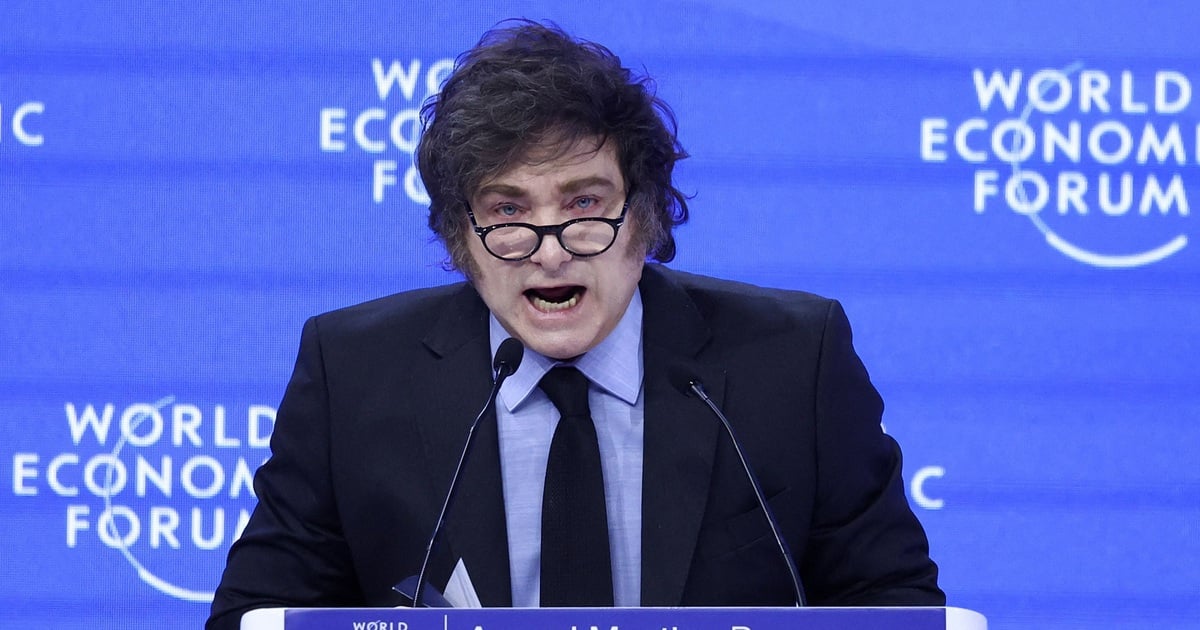
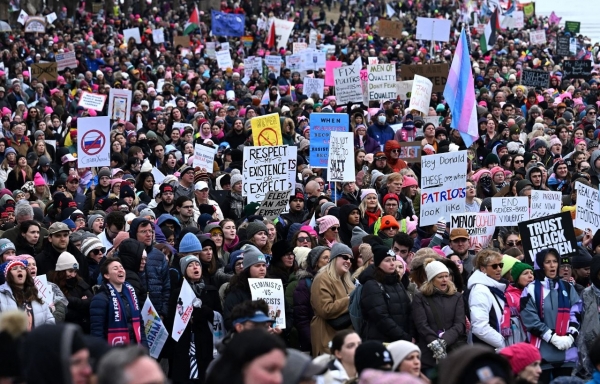


















Comment (0)